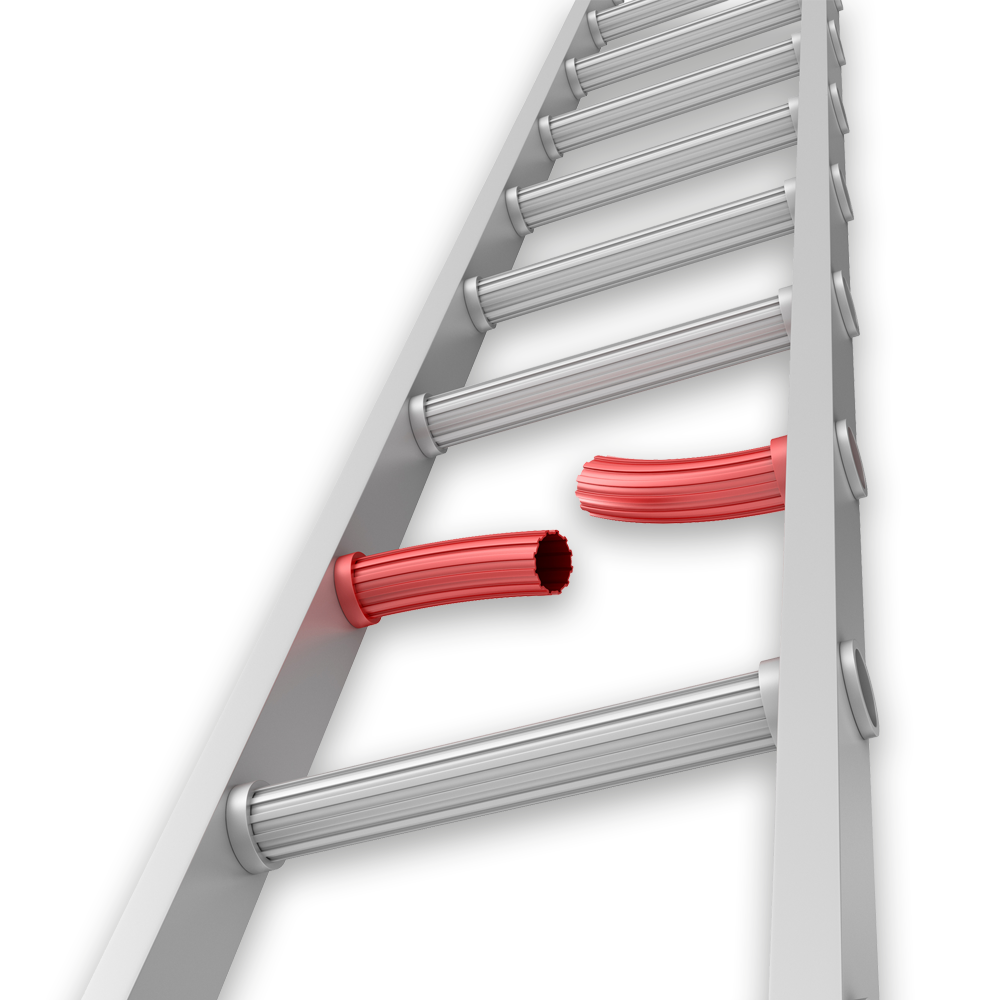This website uses cookies so that we can provide you with the best user experience possible. Cookie information is stored in your browser and performs functions such as recognising you when you return to our website and helping our team to understand which sections of the website you find most interesting and useful.

Defective Products
Under the Consumer Act of 1987, you are allowed to make a product liability claim against the manufacturer of a faulty product that can be shown to have caused you personal injury. This covers a wide range of defective products; from cars to hip replacement joints and from toys to cosmetics.
This Act was made to give consumers option to gain justice against manufacturers who were producing dangerous goods. It has been successful in this, with thousands of people in the UK having made successful product liability claims in the years since the Consumer Act was introduced.
Defective Product Compensation Claims Types
There are are a range of instances which can lead to defective product compensation claims types which First Personal Injury may be able to help with, some of which are listed below:
- Accidents and injuries from faulty equipment
- Appliances which are faulty and lead to injuries from shocks and burns, or even electrocution
- Burns from sunbeds
- Unsafe medical products leading to injuries and medical complications
- Faulty products used by hairdressers leading to damage to your hair or skin
- Compensation for misleading product labels in shops or supermarkets
- Defective equipment in the workplace, whether a factory, construction site or office, leading to accidents and injuries
- Defects in cars and even bicycles
The four main types of product liability claims
The four main ways in which a manufacturer can be found to be at fault in a product liability claim are:
Manufacturing
If contamination has occurred in a factory or a batch of products has been damaged during the manufacturing process and the quality control procedure has not identified this and you have suffered injury as a result, the manufacturer is likely to be liable.
Design
If a product is poorly designed, such as a toy that has very sharp edges or a kettle that allows steam to escape around the handle, and you have sustained an injury as a result, you can make a product liability claim against the manufacturer.
Warnings
If a manufacturer fails to exhibit sufficient warnings on a product that is inherently dangerous, such as an electrical appliance, or a salesman has downplayed the warnings on such an item, then the company may well be found to be liable if you are injured as a result.
Failure to recall/announce warnings
If a manufacturer discovers a problem with a product that could cause personal injury and fails to announce warnings about the product and injury occurs as a result, a product liability claim could well be successful, if you are injured by the product.
Manufacturers are responsible for products sold to consumers and the safety of their customers is paramount. You should seek advice if a defective product has caused you personal injury as you may be entitled to claim compensation.
The Consumer Protection Act 1987 makes manufacturers or importers of products into the EU strictly liable for personal injury caused as a consequence of any product defect.
Contact First Personal Injury
The range of products covered by this legislation is too vast to list on this page. Our first personal injury lawyers will be able to discuss your claim and give you advice on the prospects of success and the extent of any compensation.
How Much Compensation?
All personal injury cases are unique and so the amount of compensation that is awarded in each case is also unique. Compensation is understood by looking at two specific factors: general damages and special damages.
General Damages
The pain and suffering that your injuries have caused are main factors that are used to determine how much general damage compensation you are owed. This will usually be determined by undergoing a medical examination, from which a report is created that highlights the length of time the injuries will take to heal as well as their severity. Our compensation calculator will give you an indication of how much general damage compensation you might be entitled to based upon your injuries.
Special Damages
In addition to receiving compensation for your injuries, you may be able to reclaim any financial losses that you might have suffered as a result of your injuries. Compensation for financial losses is known as special damages compensation. This can include losses such as loss of earnings due to not being able to return to work, the cost of treatment as well as travel to treatment. It is important that you keep any receipts or evidence of additional losses in order for these to be reclaimed.
With the exception of children, there is a three-year time limit on making a personal injury claim. This time limit begins from the date that the accident initially occurred. Therefore, you should contact a personal injury solicitor as soon as possible to assess your case.
Making Personal Injury Claims
If you have been involved in an accident with an uninsured driver, you may be entitled to compensation. First Personal Injury solicitors are available to assist you and ensure that you get the compensation you deserve.
First Personal Injury works with both families and individuals across England and Wales, leading them on their legal journey and helping them claim compensation after an accident or injury.
Free initial Discussion - Call Now!
Get in touch with First Personal Injury on 0800 808 9740 or through our online claim form.


